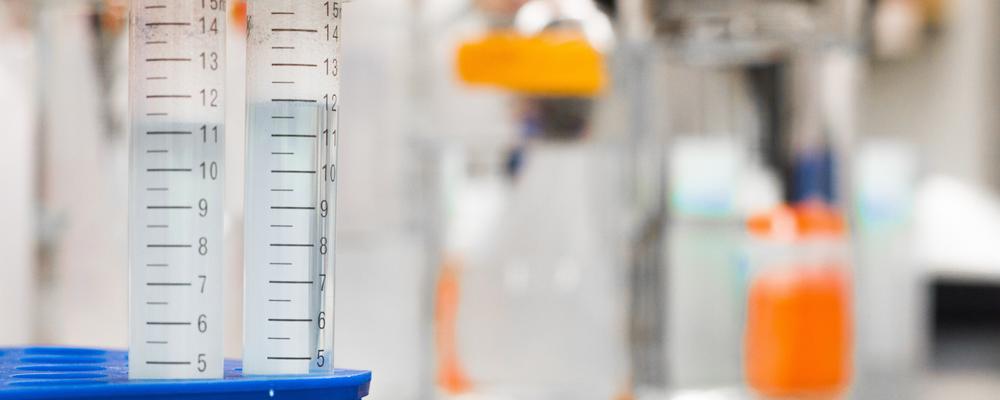Fortsatt stöd för en giftfri miljö
Efter en övergångsperiod satsar rektor vid Göteborgs universitet på ytterligare en verksamhetsperiod för centrumbildningen FRAM, 2024-2029. Vi tar pulsen på den nya föreståndaren, Daniel Slunge, för att få veta mer.
The Centre for Future chemical Risk Assessment and Management (FRAM) is one of the six multidisciplinary UGOT-Challenges centres founded in 2016.
The FRAM Centre mainly focus on the combined effects of different pollutants. The research aims to define safe local, regional and global boundaries for chemical pollution that protect humans and the ecosystem services against the impact of all chemical emissions and exposures acting together. FRAM develops fundamental knowledge and practical solutions with a national, European and world-wide perspective in mind.
The FRAM Centre consist of over 20 researchers from the University of Gothenburg and Chalmers University of Technology.
The Steering Committee of FRAM:
- Centre Director, Daniel Slunge, Environment for Development, School of Business, Economics and Law
- Chair Steering Committee, Bethanie Carney Almroth, Department of Biological and Environmental Sciences, Faculty of Sciences
- Centre Coordinator, Jenny Egardt, Department of Biological and Environmental Sciences, Faculty of Sciences
- Åsa Arrhenius, Department of Biological and Environmental Sciences, Faculty of Sciences
- Erik Kristiansson, Department of Mathematical Sciences, Faculty of Sciences
- Philipp Wanner, Department of Earth Sciences, Faculty of Sciences
- Martin Hassellöv; Department of Marine Sciences, Faculty of Sciences
- Jessica Coria; Department of Economics, School of Business, Economics and Law
- Lena Gipperth; Department of Law, School of Business, Economics and Law
- Sverker Molander; Environmental Systems and Risk, Energy and Environment, Chalmers University of Technology

